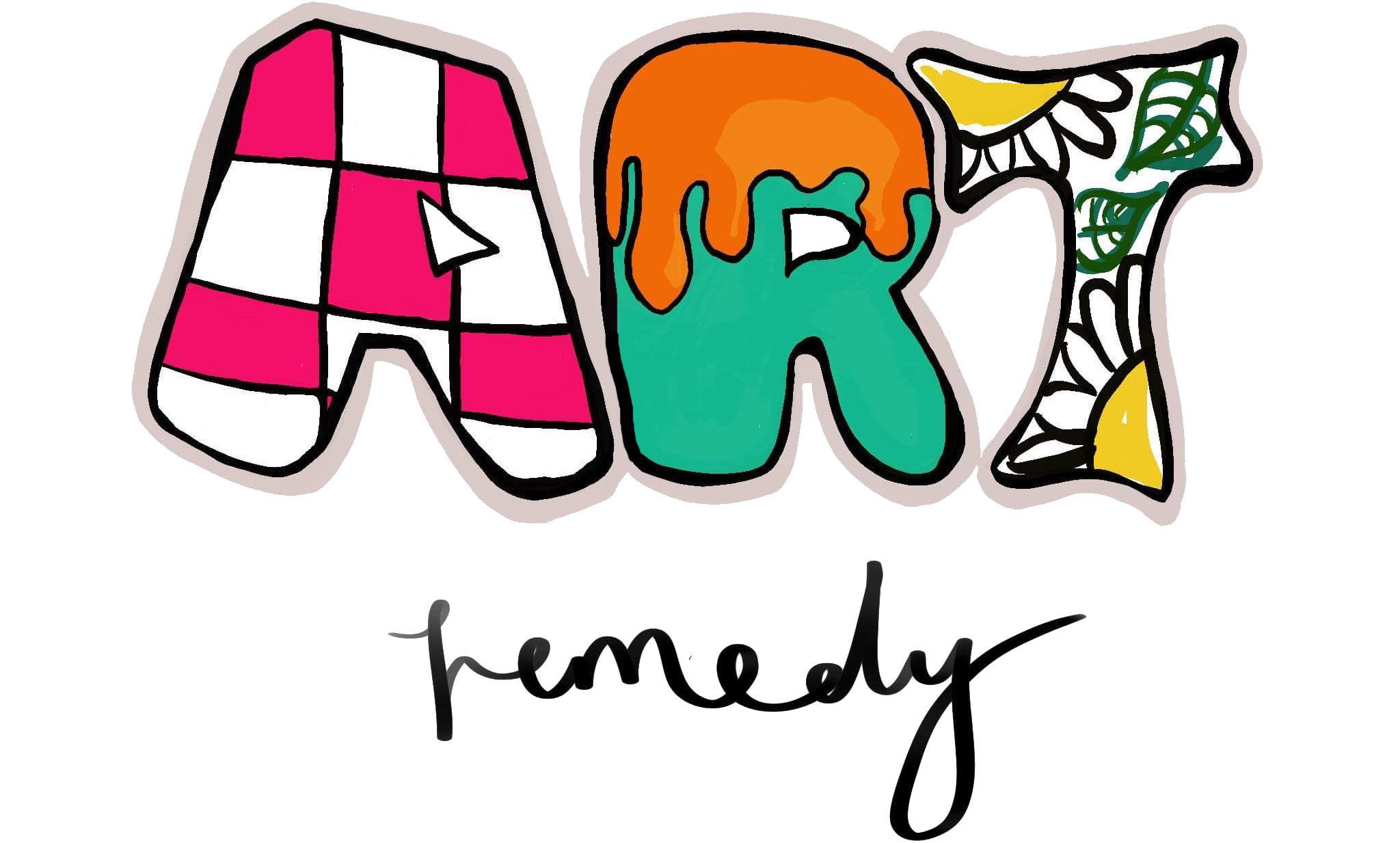
The psychosocial stages of development are phases we are faced with throughout life. In each phase we are tasked with a “crisis” to overcome, and if successfully completed we develop respective virtues which result in a healthy psyche.
Particularly in my sessions with kids I use muscle testing to explore what psychosocial stage of development my clients need help working through. And through art remedies, we find ways to help them overcome these psychosocial tasks.
Each psychosocial crisis has a respective art remedy that fosters the successful completion of the stage.
An example:
It is likely, that if specific trauma such as a divorce in the family was to have occurred at 18 months -3 years the virtue of will has yet to properly develop. This can manifest in frantic children who may rebel against authority and are unwilling to listen. In truth, the child may simply feel he/she has no choice and is thus desperately trying to exercise it.
At this stage children are focused on developing a greater sense of self-control. It would therefore make sense that one would struggle with a sense of inadequacy and self-doubt if this stage was not properly completed.
The Art Remedy for Autonomy vs. Shame/Doubt:
First we start off with the use of Bradley, (check out our post on how to help kids make the right choices to find out more). This brings an awareness that throughout the session, they are in fact in charge over themselves and get to make their own choices.
Next we work towards completing a repetitive task (such as making beads). The act of the repetition will challenge a child’s sense of will to complete the task. A strict requirement on how many beads need to be made is important as this poses an important yet achievable challenge for the child to overcome.
By the end of the session the child gains a heightened sense of their own ability to make a choice and the process will empower them to see with their finished product their ability to be autonomous and achieve something by exercising their will and choice.
